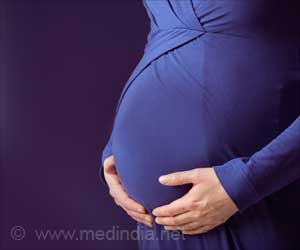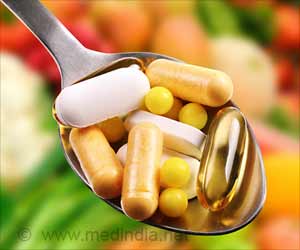. However, not everyone’s gastrointestinal tract is affected the same way.
The safe limit for coffee consumption involves 400 mg of caffeine that is 4 to 5 cups of coffee per day as per the US Food and Drug Administration. However, the threshold may vary from person to person, depending upon their metabolism.
Coffee and Bowel Stimulation
A 1990 study among 92 young adults showed that only just 29% had been “induced with a desire to defecate,” after coffee intake among which 63% were female, as published in the journal Gut.
However, other reports also suggest that the bowel response after a coffee might be more generalized by affecting almost 60% of people with no gender differences.
The same study also measured the intestinal muscle contractions using the pressure-sensing probe inserted into the colon of the volunteers. This helped to measure bowel movement before and after drinking a cup.
It was found that there was a significant pressure increase within four minutes of drinking coffee among those who reported bowel stimulation after coffee intake. On the other side, those with no effect of coffee on bowels revealed no change in colon activity.
Is Caffeine the Culprit?
It is estimated that coffee contributes to £17.7 billion of the UK economy as per the market research by Mintel and CEBR. However, over-consumption of coffee might be sometimes harmful to the body.
Nevertheless, earlier lines of evidence report that caffeine is probably not the culprit for the urge to poo. A 1998-published paper found that a parallel stimulatory effect on the colon was observed with decaffeinated coffee as compared to caffeinated coffee.
However, to their surprise, a cup of hot water did not have a similar stimulatory effect. This opens the gateway to dive more into the stimulatory effects of coffee on the gut.
The Gut – Brain Axis
It is believed that coffee may signal the stomach to send a message to the brain to empty the other end of the bowel colon as per Dr. Robert Martindale, a professor of surgery and the medical director for hospital nutrition services at Oregon Health and Science University.
This reflex between the stomach, brain, and colon is referred to as gastrocolic reflexa normal eating response.
Interestingly, a study in 1998 found that just 240 ml of coffee could stimulate the colonic contractions equivalent to those prompted by a 1,000-calorie meal. This hypothesizes that more than one of coffee’s chemicals is responsible for this instant gut-brain messaging.
Body hormones like gastrin or cholecystokinin (essential for the digestive process) are also involved in the signaling, as witnessed by their spikes post-coffee consumption.
Other Side of Coffee
Although the instant effect of coffee may be distressing to some, it might be equally beneficial for other groups, especially among those who recover from impaired bowel function due to interventions like abdominal surgeries.
Coffee can also act as an excellent remedy for those with chronic constipation, especially when combined with other dietary changes.
Another analysis in 2020 (collective outcomes of 7 clinical trials) proved that coffee consumption also allowed better tolerability to solid foods 10 and 31 hours sooner among patients with colorectal or gynecological surgery, respectively.
Fill your Plates with Fibres!
However, another registered dietician and spokesperson for the Academy of Nutrition and DieteticsSonya Angelone, cautions against explicit dependence on coffee for constipation.
If someone is constipated, “it is not because they have a deficiency of coffee. What I find for a lot of people is they don’t start off with a fiber punch in the morning,” says Sonya Angelone.
A 240-ml cup of brewed coffee contains only 1 g of fiber content. Moreover, coffee may also cause other side effects like loose stools, anxiety, insomnia, heart palpitations, and headaches among others.
Hence, adding more high-fiber fruits and veggies to your diet along with physical activity and increased fluid intake may help overcome constipation and regulate bowel movements.
Watch Out for Ill Effects of Coffee
Despite coffee’s multiple nutritive effects such as the reduced risk of prostate cancer, the beverage may also negatively impact gut health when consumed on an empty stomach.
“Consuming coffee as the first thing in the morning increases your risk of gut problems. Taking coffee on an empty stomach in the morning causes damage to the stomach lining, heartburn, and indigestion,” says Nataly Komova, nutritionist and fitness expert for Just CBD.
Certain studies have also reported the interaction of caffeine with 24-hour circadian rhythm and chronic conditions like diabetes, increased blood pressure, and heart disease. However, the mechanism remains poorly understood.
“Coffee is one of those things, unlike other foods, that if it bothers you, you know it,” says Angelone.
As long as one does not suffer from urging gastric discomforts seeking medical attention, the coffee serves as a comforting morning routine.
Reference:
- Why Does Coffee Make Me Poop?
– (https://www.nytimes.com/2021/11/30/well/eat/why-does-coffee-make-you-poop.html)
Source: Medindia



